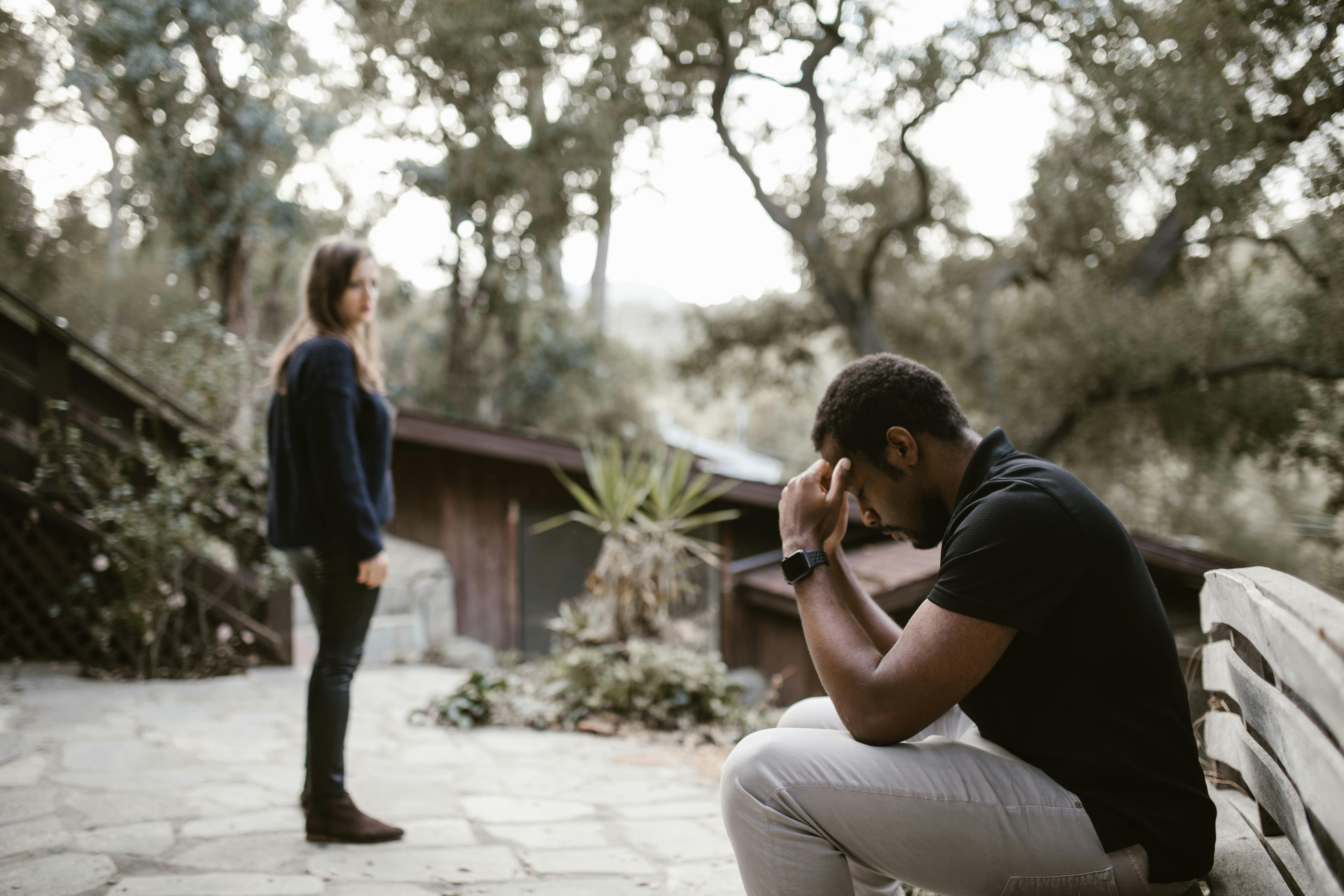I’m dying to have sex, he told me. I just finished my weekly class on AIDS and addiction at a local treatment center. It was 11:00 in the morning and it was raining outside. As we stood in the dimly lit concrete hallway, she revealed that she had been in rehab for 5 months and craved physical contact.
Over the course of two decades, part of my position as a crisis counselor was providing HIV/AIDS prevention and education. And in my 20 years working with the HIV community, I can only count a handful of clients who did not have an addiction diagnosis along with HIV. And since they both have an effect on the immune system, my job was to get the word out.
So I said, “You may be dying to have sex. But you don’t want to die because you have sex.” This is something we saw too often. Many of my clients were referred to me through the local Health Department. The numbers continued to rise for those living with addiction and HIV/AIDS. When we are under the influence of drugs and alcohol, the tendency to engage in “high risk” behavior increases. And while we’ve come a long way since the ’80s in terms of treatment options, we still need to be mindful of our sexual practices.
I remember one night many years ago, I woke up to a call in the middle of the night. A co-worker of mine in an unrelated field said that he had just met a woman and she revealed that she has an STD. He wanted to know if it was okay to have sex with her. Without going into details, I told him that if he had to ask, he might want to use protection.
I understand. Sex can be a powerful force. And in an age where so much is instantly available to us because of the Internet, the temptation can be overwhelming for some. So I go back to “Maybe you’re dying to have sex. But you don’t want to die because you’re having sex.”
I’m not a big fan of fear motivation. But the fact remains that fear will often get our attention. All we have to do is look at politics or religion to see how successful fear can be. And as I get older, my teaching style continues to be facts about fear. Why? I believe that if we can get people to be curious and not fearful, they will make well-informed decisions.
Back to the young woman in the hallway. I gave him the facts and we talked about fear. Addicts who are HIV positive see significant disease progression. And being in an active addiction eliminates treatment options. I told him it’s understandable to want privacy. But at 5 months clean, your attention needs to be on your recovery. There is a responsibility that comes with sex. Not just for you, but for the person or people you interact with.
Sex must be safe, consensual and free from manipulation. If so, by all means let your freak flag fly. But if it’s not secure, consensual, or tamper-free, there could be (and in many cases are) long-term problems. From health problems, emotional to sometimes even legal. A sexual experience can have lifelong consequences.
In the 20 years I’ve worked in the HIV community, I’ve seen far too many people die from “high-risk” sexual behavior. That’s just a fact. Today, however, that should not be happening. Education is the answer. And with the Internet, you’re always one Google search away from the answer. The facts about fear.
It’s okay if you’re dying to have sex. Just make sure it’s secure, consensual, and tamper-free. Because no one should have to die from having sex.









